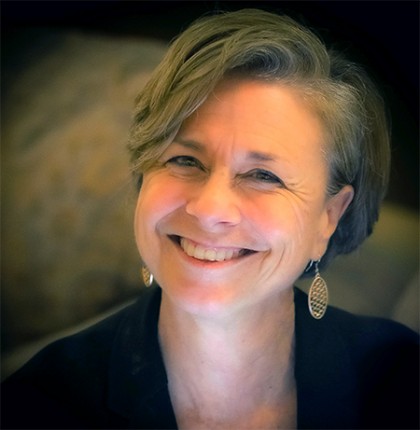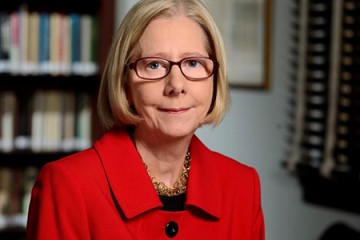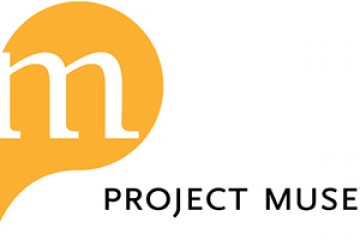The oldest academic press in America has found a new leader: Barbara Kline Pope, who will become director of the Johns Hopkins University Press this fall after 34 years with the National Academies of Sciences, Engineering, and Medicine.

Image caption: Barbara Kline Pope
Image credit: Paul Kennedy
Since 1997, Pope has served as executive director of the National Academies Press, steering its traditional print model through an era of digital innovation, including pioneering experiments with open access. She first joined the Washington, D.C., press—the publishing division of the National Academies—in a marketing role in 1983.
In addition to that experience, Pope says, her recent term as president of the Association of American University Presses and seat on the management board at MIT Press help her better familiarize herself with the nuances and trends of university presses.
"I decided I'd really like to have the experience of running a large university press and bring to it my own knowledge of science publishing and also learn new aspects of the business from others in the field," Pope says of her decision to "put a capstone on my career" at Johns Hopkins.
At JHU Press, Pope will oversee the largest journal publication program of any university in the U.S.—the press publishes more than 85 journals across a range of disciplines. It is also home to a books division with more than 3,000 titles that publishes 150 new books each year. And it includes Project MUSE, a leading provider of digital content in the social sciences and humanities for libraries around the world.
In an announcement to the JHU community today, Johns Hopkins Provost Sunil Kumar said Pope was distinguished by her "openness to innovation, commitment to connecting with audiences and stakeholders, and passion for sharing knowledge." She is expected to assume her new role at the end of September.
Pope takes over the historic press—which dates to 1878—as the focus of scholarly publishing continues to evolve from printed books and journal subscriptions toward new digital trends and open-access distribution. Under the direction of Pope's predecessor—Kathleen Keane, who retired in April—JHU Press has pursued new paths in this direction, with Project MUSE adding 45,000 e-books and developing MUSE Open, a platform for hosting open-access monographs.
In her three decades at the National Academies, Pope gained firsthand experience navigating this digital evolution. In 1994, the press positioned itself at the forefront of the open-access movement by becoming the first self-sustaining publisher to provide its material online for free.
Today the National Academies Press, known as an authority on science, engineering, and health policy topics, offers its 8,500 titles in three formats—page-by-page for online and mobile browsing, PDF, and print—with a large selection also available as e-books.
It took a lot of experimentation to achieve this model, Pope says. The press introduced an early version of page-by-page online browsing in the mid-1990s. And in 2000, as the need to integrate more digital products became apparent, Pope and two colleagues launched a breakthrough study of customer behavior patterns with PDF formats of books.
The National Academies Press ultimately used the research findings to determine the structure of its electronic pricing, and it was able to offer free PDFs after trimming some of its in-house operations.
"I find myself still talking about that study to this day," says Pope, whose team won the 2007 INFORMS Society for Marketing Science Practice Prize for their research.
Other digital innovations Pope helped launch at the National Academies include AcademyScope, a visual data map illustrating connections between thousands of the press's titles; and the Altmetrics system, which tracks readership patterns.
Pope has also led communications for the National Academies, focusing on developing programs to build the evidence base for effective science communication and increasing public engagement in the sciences. One such example is the Science & Entertainment Exchange, which encourages positive portrayals of scientists and engineers on screen.
Pope, who lives in Columbia, Maryland, with her family and two horses, earned her bachelor's degree from the Indiana University of Pennsylvania and her master's from the University of Maryland. She started at the National Academies Press as an assistant marketing director and over time advanced to senior communications and executive roles.
"I kept getting to do creative and innovative work, particularly as more digital projects came along," she says. "That kept me interested and engaged over the decades, and of course a major benefit was being surrounded by really smart people. And that won't change as I join Johns Hopkins."
Posted in University News
Tagged publishing, jhu press










